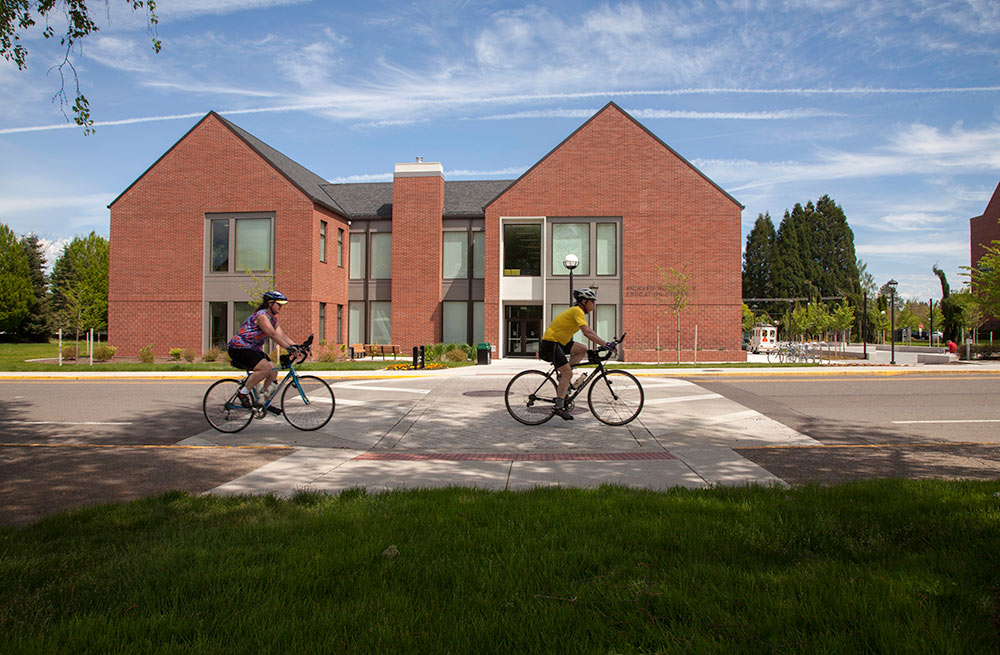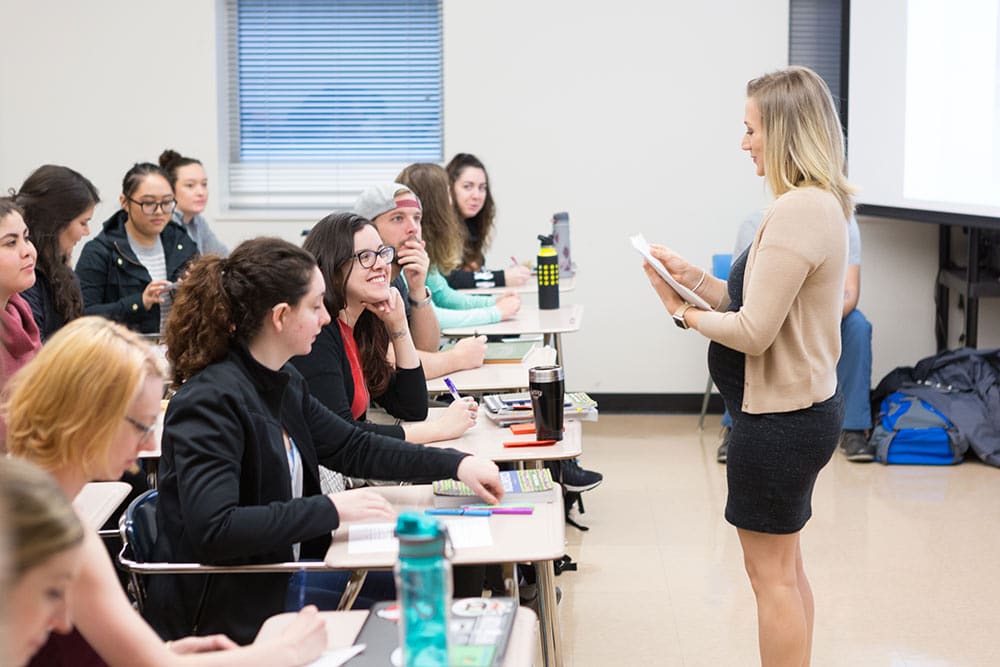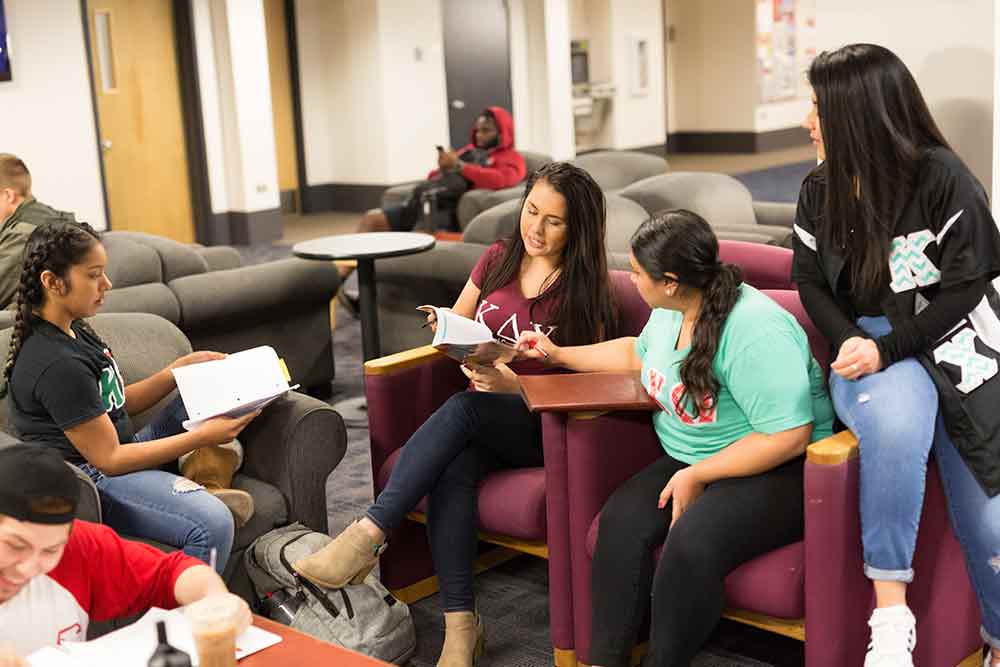About WOU
Western Oregon University is a public, mid-sized university – committed to changing lives, strengthening communities and transforming our world. Located in Monmouth, the heart of Oregon’s lush Willamette Valley, WOU is about 20 minutes from Salem, the state’s capital and about 75 minutes from Portland, the state’s cultural hub.
Quick Facts
- Year founded 1856
- Total enrollment 3,951
- Location Monmouth, Oregon and Salem, Oregon
- Miles from Portland 63
- Campus size (acres) 157
- Number of majors: 60
- Most popular majors
- Education
- Psychology
- Business
- Criminal Justice
- Exercise Science
- Student-to-faculty ratio 14:1
- Average class size 19
- Average high school GPA 3.38 (unweighted)
- Acceptance rate 83%
- Students receiving financial aid 74%
- Students receiving financial aid (first-time, full-time students) 90%
- First-generation students 42% (all students), 48% (undergraduates)
- Geographic origins of undergraduate students
- In-state: 84%
- Out-of-state: 15%
- International: 1%
- Gender distribution 34% men, 54% women, 7% non-binary
- Students of color 41%
- Hispanic/Latino 24.1%
- Non-resident .7%
- American Indian or Alaska native 1.1%
- Asian 2.5%
- Black or African American 3.1%
- Native Hawaiian or other Pacific Islander 1.5%
- White 59.1%
- Two or more races 5.9%
- Race and ethnicity unknown 2.1%
- Athletics NCAA Division II
Great Northwest Athletic Conference - Mascot Wolf
- School colors Red and White
(secondary colors: black and gray)



Accreditation
UNIVERSITY ACCREDITATION
Western Oregon University is accredited by the Northwest Commission on Colleges and Universities (NWCCU).
PROGRAM ACCREDITATION
National Council for Accreditation of Teacher Education (NCATE), American Association of Colleges for Teacher Education (AACTE), National Association of Schools of Music (NASM), Council on Rehabilitation Education (CORE), in compliance with the Oregon Teacher Standards and Practices Commission, which authorizes teacher preparation programs offered by Oregon higher education institutions. Students may review accreditation documents in the Office of the Provost or the Library.
